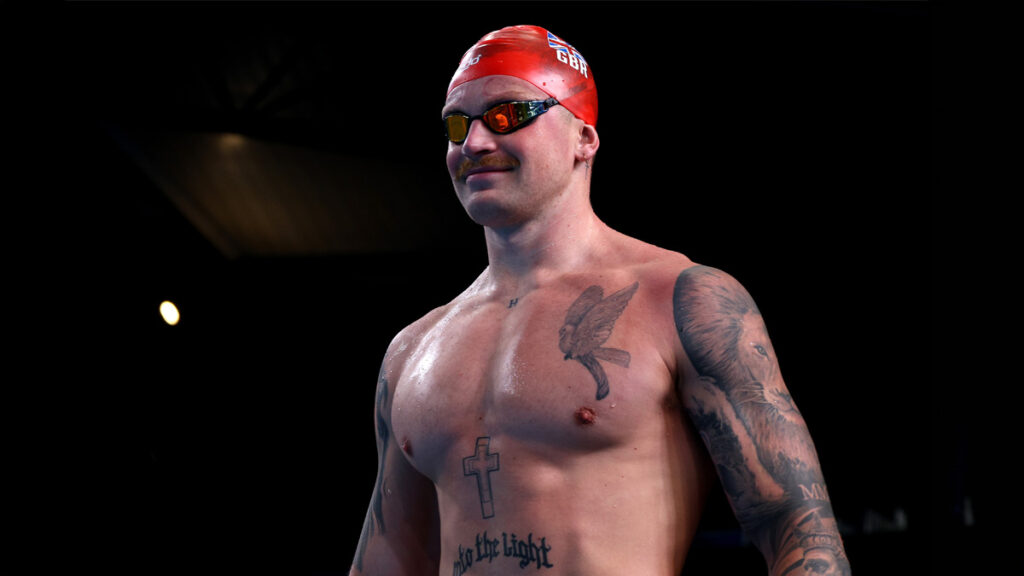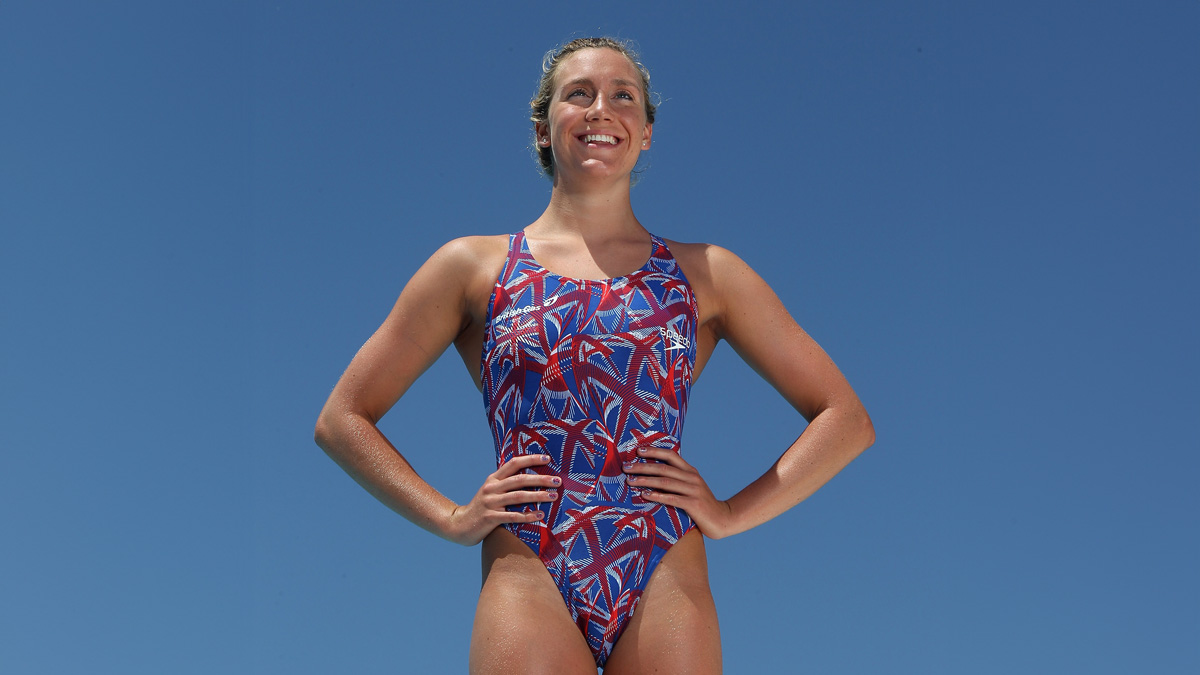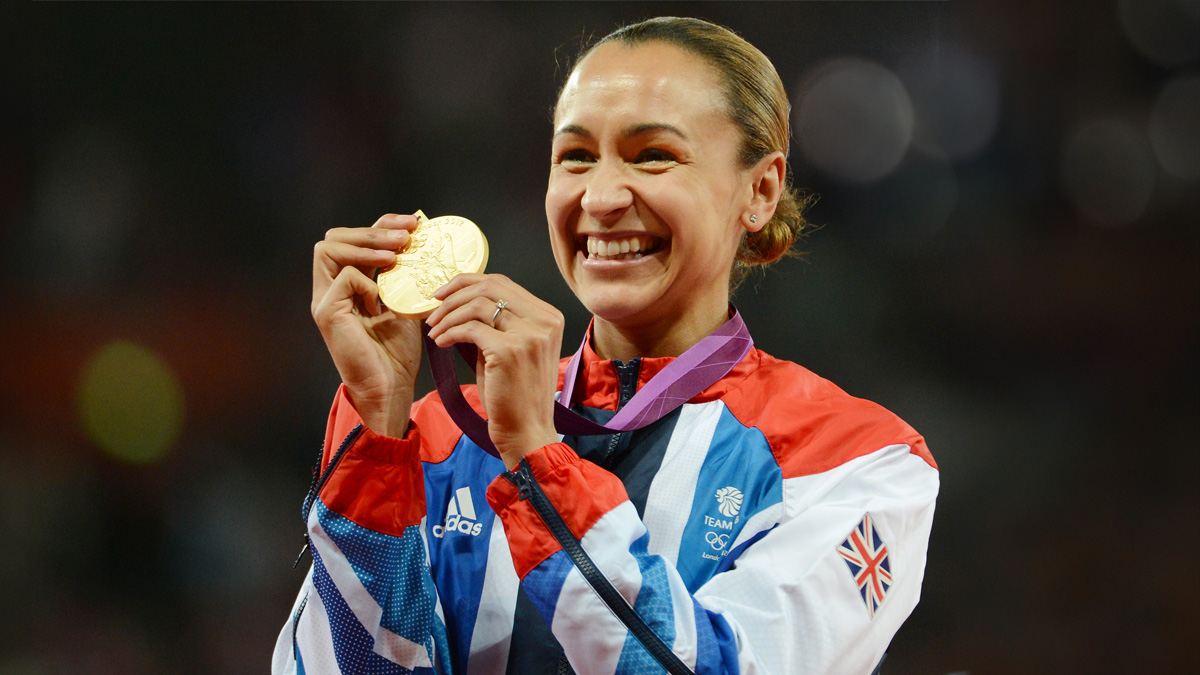Recovery vs hard work: What can elite sport teach us?
Running a business is all about working hard. But Catherine Baker says that leaders need to learn the power of recovery from elite-level athletes
 Adam Peaty (Image: Clive Rose/Getty Images)
Adam Peaty (Image: Clive Rose/Getty Images)
Every four years the Olympic Games burst into our lives, as it did this summer, leading even those with a self-professed lack of interest in sport to suddenly become experts in the ‘full-twisting double pike’.
When we hear the stories around some of the athletes, we can understand the words of Mel Marshall, coach to multiple gold-medallist and world-record-holder Adam Peaty. She says: “I always describe sport as the university of life. Because you have everything; extreme challenge; success; defeat; times when you make super progress; and other times when things go stale.”
We know that what we see on our TVs, or live in the stadia, is the culmination of huge
amounts of hard work and dedication. But is it just that? Or is there another area that is often missed from an outsider view?
Mike Gervais is a performance psychologist who has helped the Seattle Seahawks win the Superbowl, Olympians win Gold, and CEOs take their companies to the next level. Gervais recently shared on a podcast with US author Simon Sinek that in his work, both corporate and elite sport, he spends way more time talking about recovery than about working hard.
His clients are driven. They know about hard work already. And many of them in the corporate space have put themselves into the red zone with the unsustainable way in which they are trying to work. So the ‘hustle hard’ message isn’t the one they want or need to hear.
Gervais is highlighting a point that elite sport has now understood for some time; that rather than being opposite ends of the spectrum, wellbeing and performance are inextricably linked.
Lizzie Simmonds is an ex-GB swimmer who now serves as chair of the Athletes’ Commission at the British Olympic Association. She wrote in 2021: “Ask any athlete in the world and they will tell you that performance and wellbeing are not mutually exclusive; they are, in fact, entirely symbiotic.”

This is why Gervais made a point of highlighting recovery. For long-term, sustained success, you have to get this right. We know that success requires dedication and hard work. But the equation is not that simple.
One of the common refrains that I hear in my coaching work is: “I’m so busy I haven’t got time to exercise/think of myself/go for a walk each day/breathe…” This drives me mad – especially when all that is required is a simple shift in mindset: “I am so busy that I must find time to exercise/think of myself/go for a walk each day/breathe.” And for those in senior leadership positions, this is even more critical – a leader is responsible for a lot of people and a lot of outcomes.
So what can help?
1. Clarity on your role
As I describe in my book Staying the Distance, Dame Jessica Ennis-Hill, Olympic gold-
medallist and “face” of the London 2012 Olympic Games, had a superpower. It wasn’t her ability to perform with the weight of the country’s expectations on her shoulder (although that was exceptional); it was what this was built on – her ability to prioritise her time.
How good are you at prioritising your time? As with Ennis-Hill, the starting point comes from absolute clarity on your role and what it involves. Can you write down, in one or two sentences, what your role actually involves? And can you then list out what “activities” this includes? When I’m delivering keynotes, and ask the audience to do this, the feedback I get is that it is not an easy task for many of them.
Clarity on what your role involves is critical. What are the elements that you need to work on to achieve what you need to? And what should you NOT be spending your time on? Ennis-Hill didn’t try to sort her physio herself, her nutrition, or her training schedule. That was the role of others in her team. She understood her role, and therefore her priorities, and therefore how she needed to be spending her time.

2. Micro-breaks
Sport obviously shows us the way in terms of the focus on areas such as sleep, nutrition and hydration. But sport also shows us the way in terms of manageable, daily habits which translate brilliantly into the corporate world.
Based on some research carried out by respected sports psychologist Dr Jim Loehr on elite tennis players in the early 1990s, the spotlight was trained on the impact of ‘micro-breaks’.
Loehr uncovered the secret ingredient that the small group of top players were using – and it was what they did between points and games. Taking this across into the corporate world, it highlighted the benefit of taking ‘micro-breaks’ during the day; short intervals where you give your mind and body the chance to recover and reset.
Even if only one minute between calls or meetings, involving some breathing exercises, stretches, or just making a cup of tea, the cumulative effect of doing this regularly through the day, day after day, can have a significant impact on your ability to sustain your performance.
3. Periodisation
Olympic cycles are four years. Athletes are not ‘on’ for that entire time. They periodise their effort based around training blocs, competitions, recovery blocks, and ensuring they are peaking at the right time. In the fast-paced, pressurised world of business, surely this is as important?
I often advise clients to colour code their diaries – red for the times they know things are going to be full on, and they need to be at their best. Blue for ‘business as usual’.
And green for recovery blocks, usually just after (or sometimes just before) the red blocks.
For many this is game-changing.
Hustle, hard work, dedication – you’ve got this already. But to sustain it over the long-term, you have to look at the other side of the coin. If you don’t put enough focus on recovery, and your own well-being, you won’t be able to perform in the long-run. And it really is a marathon not a sprint.
Catherine Baker is the founder and director at Sport and Beyond, and the author of Staying the Distance: The Lessons from Sport that Business Leaders Have Been Missing



